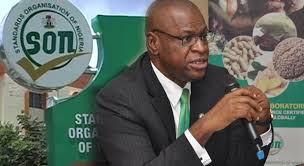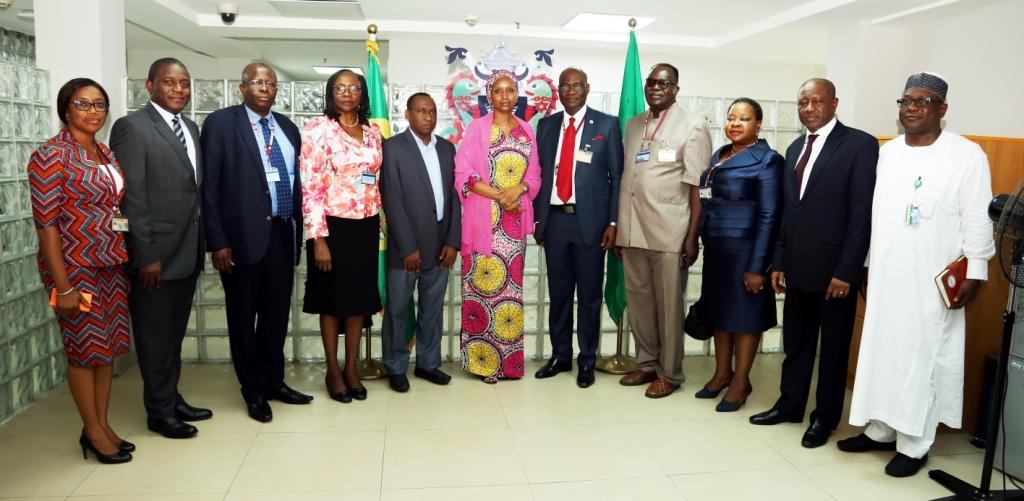More reasons have emerged on why the 2015 Auto Policy of the federal government may be reviewed in the nearest future.
Before now, several auto stakeholders had been decrying the negative imports of the policy introduced in December 2015.
According to the policy, importation of vehicles shall attract 70 per cent tariff duties from former 20 per cent.
Whereas the target by the federal government in the policy was to stimulate local production, investigations showed that the drive turned out to become counterproductive as it moved car import traffic to neighbouring countries of Benin Republic where import duties still remain within reach of dealers.
Giving an insight to the scenario in an interview, the Managing Director of Nigerian Ports Authority (NPA), Hadiza Bala Usman, averred that “We appreciate the need for the government to have assembly plants and manufacturing firms in Nigeria but we are concerned that the capacity of the Nigerian market is beyond what is said to be assembled in Nigeria”.
According to her, “We have seen a lot of cars being smuggled through neighbouring countries – mainly from Benin”.
Bala Usman agreed that Republic of currently maintains low import tariffs compared to Nigeria, which for years has been beset by chronic congestion in its ports.
Business Hilights gathered from port figures that vehicle imports fell to 96,222 units last year from 131,994 in 2015.
Additional details also showed that car imports fell to 70,453 units in the first 10 months of this year, a 26.8 per cent reduction on the same period of 2016.
Even though the policy within weeks of its introduction attracted leading United States car maker, Ford, South Korea’s Kia Motors and Germany’s Volkswagen, as they announced plans to set up assembly plants in Nigeria, drop in business activities in the economy which culminated into recession frustrated their entry plans.
However, as the economy is still struggling to restart after recovering from recession, growth is fragile, thus forcing Nigerians to avoid going for news but smuggled ones.
The scenario had put the border Commands of the Nigerian Customs Service (NCS) on their toes in combating smugglers.
Since this year, NCS has recorded what can be described as the highest volume of seizures in smuggled vehicles.
In an interview with the Controller of Federal Operations Unit (FOU), Zone A, Ikeja, Comptroller Mohammed Uba, he told Business Hilights that his men have been on steady harvest of smuggled cars and the illicit business is rising to the extent that multimillion bullet proof SUVs and other cars are regularly impounded.
But, very few local manufacturers are still blazing the trail as two months ago, Coscharis Motors relying on the Auto Policy, unveiled an ultra modern assembly plant for Ford products in Lekki, Lagos.
The company said it assembled 739 units of its Ranger pickup in 2016 and this year. Its plant in Nigeria’s commercial capital, Lagos, can assemble 5,000 cars annually.
A representative of Stallion Motors, Volkswagen’s local vehicle assembly partner, said work stopped around August due to issues relating to the exchange rate and production costs.
Besides, South Korean auto giant, Kia Motors, which has a plant in Lagos with a 20,000 vehicle capacity, said it assembled 1,800 units this year but did not give figures for 2016.









